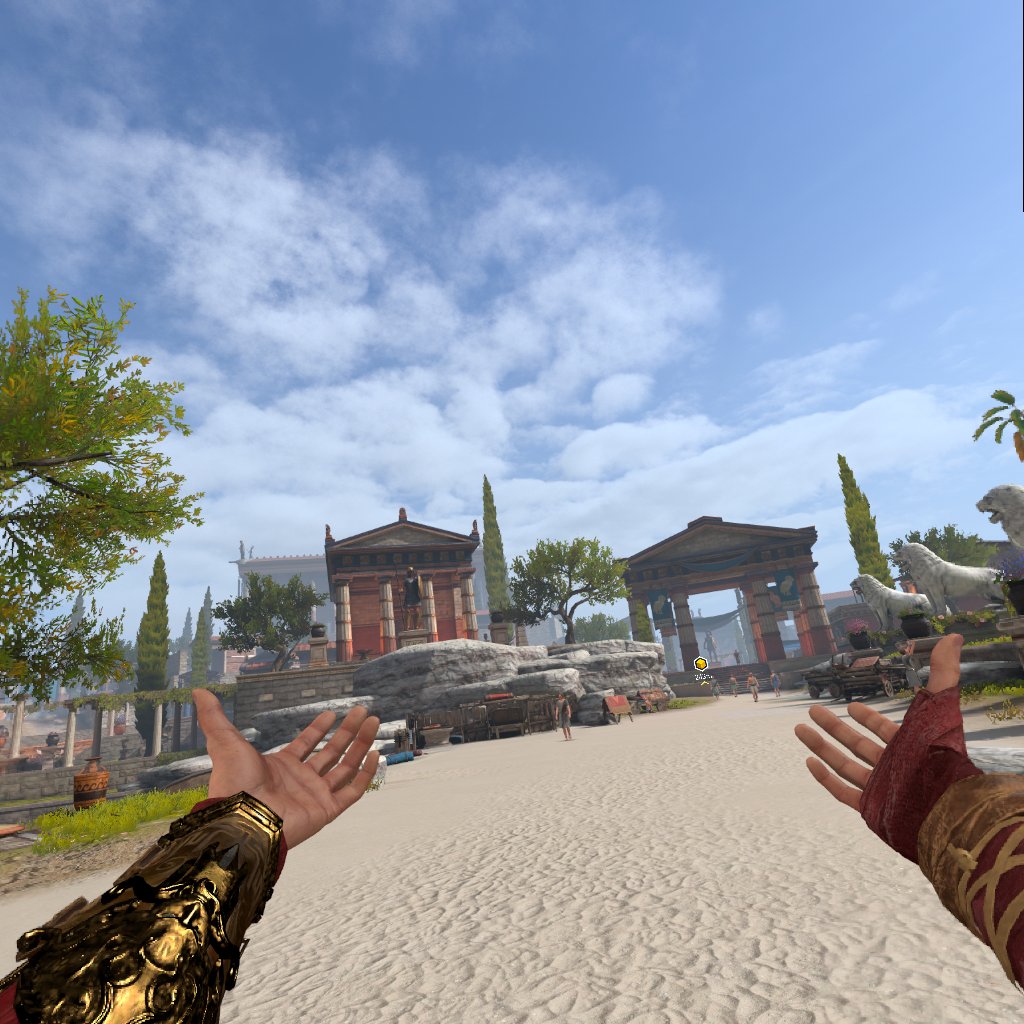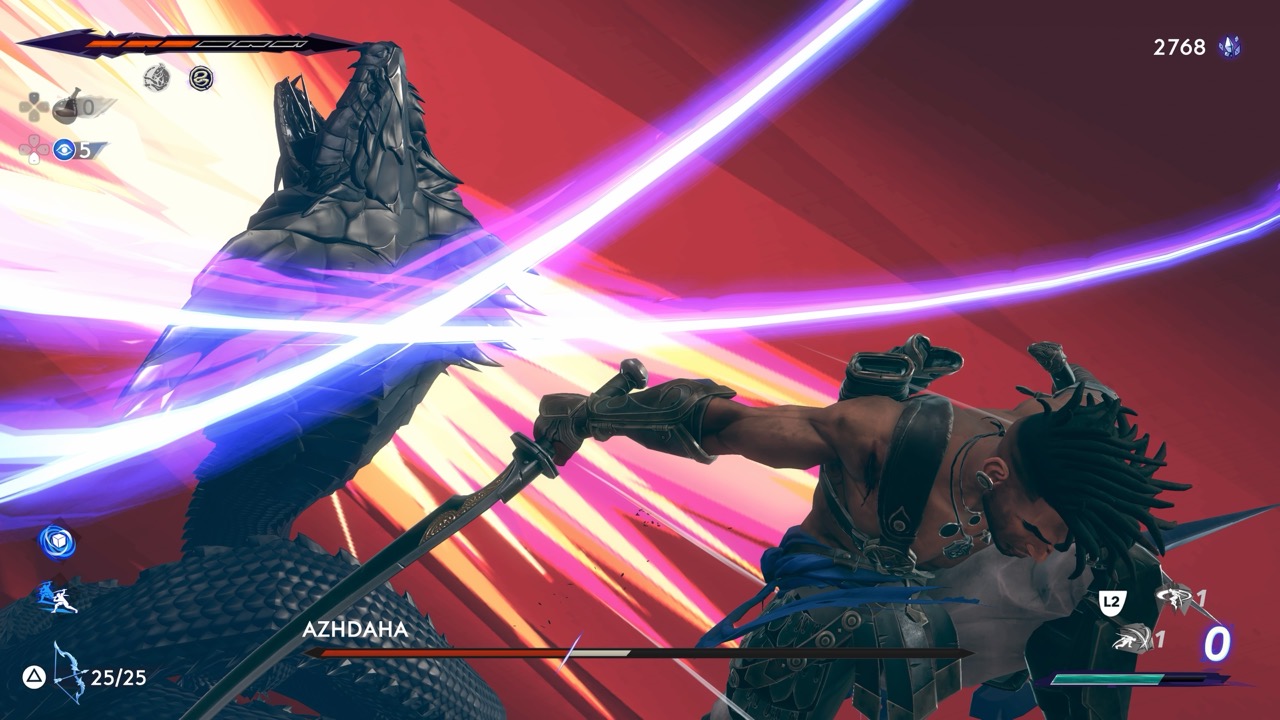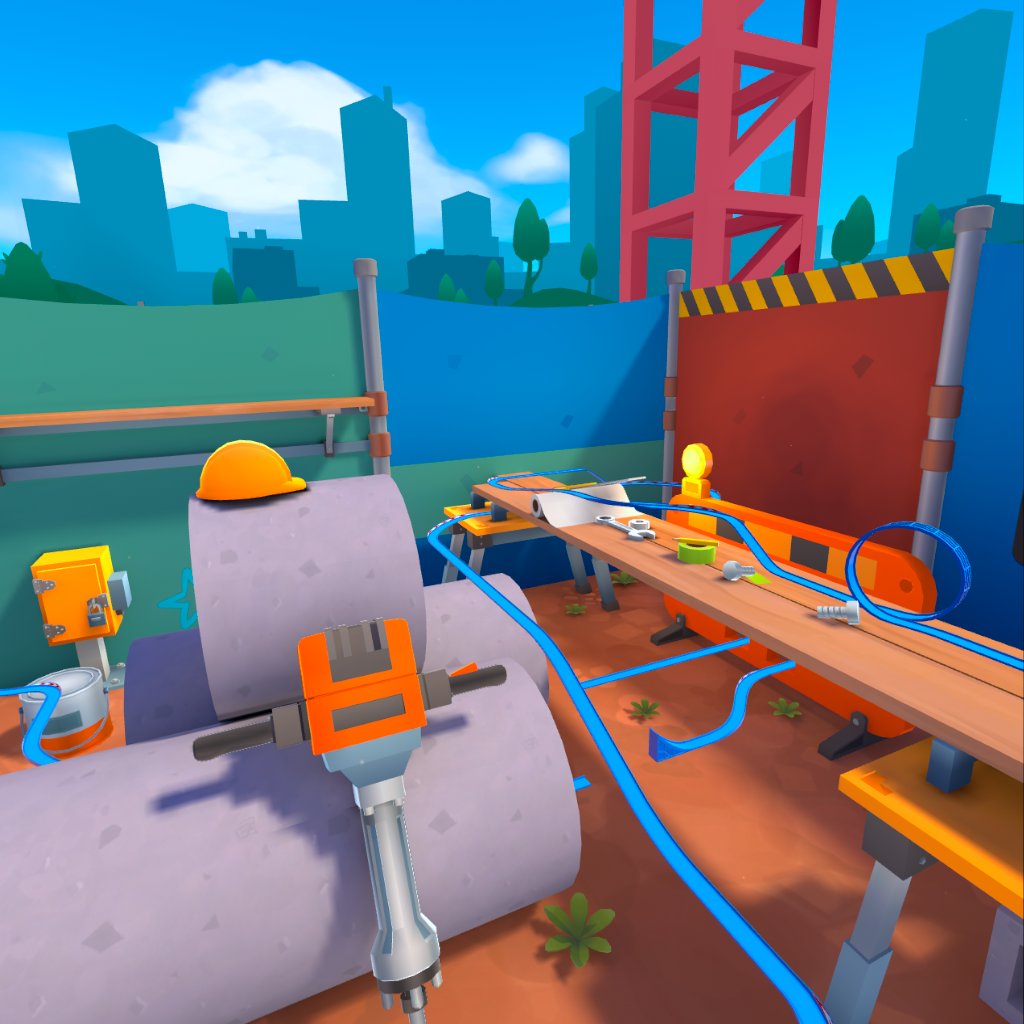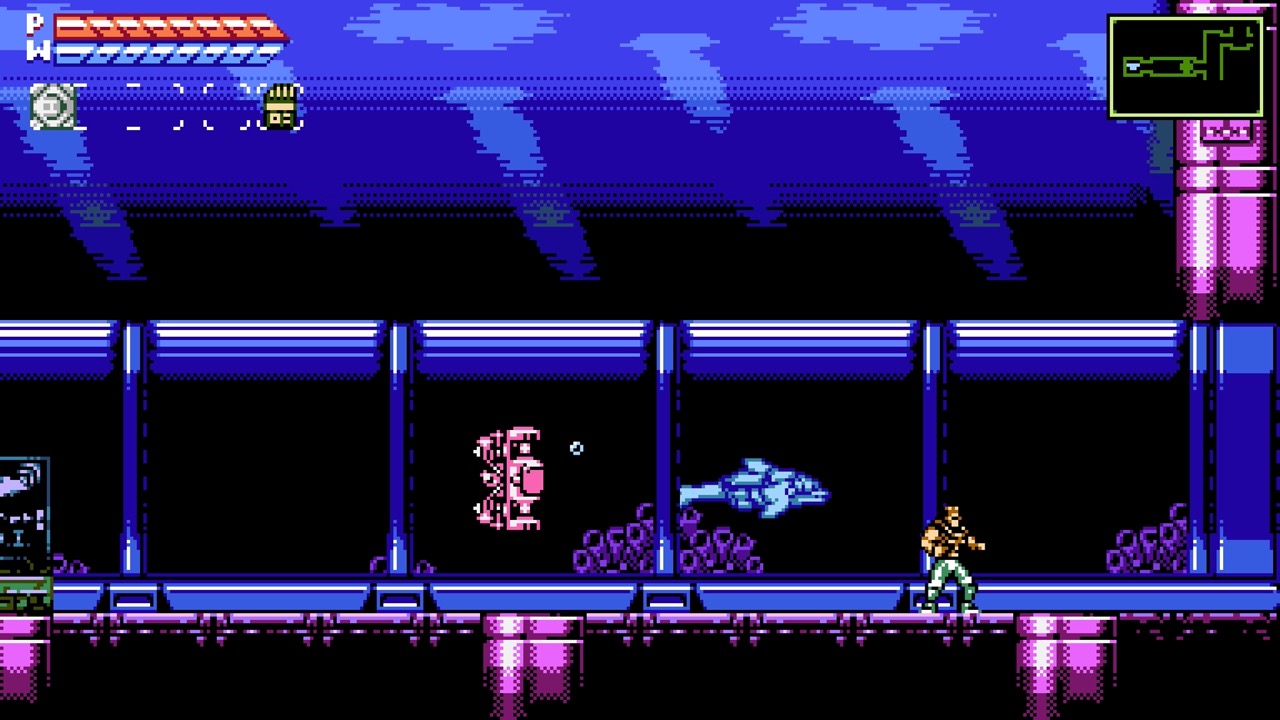Ubisoft makes the case that VR is ready for blockbuster franchises, and this is one fans won't want to skip
The long-running Assassin's Creed franchise has always been a natural fit for virtual reality, with its focus on stealth, parkour movement, and historical settings perfectly suited for immersive first-person gameplay. However, it has taken Ubisoft until now to deliver a full-fledged VR entry into the acclaimed series. Assassin's Creed Nexus VR ambitiously transports some of the series' most beloved settings and characters into virtual worlds that will delight longtime fans while also standing as one of the medium's landmark titles.
Nexus begins by placing players in the familiar role of an Abstergo Industries employee, this time infiltrating the company from within using a prototype VR headset. Through this device, you directly inhabit the genetic memories of three iconic Assassins - Ezio Auditore from Renaissance Italy, Kassandra from Ancient Greece, and Connor Kenway during the American Revolution. It's here where Nexus truly shines, transporting you across landscapes, cities, and historical eras that feel remarkably realized and lived-in despite the technical limitations of VR.
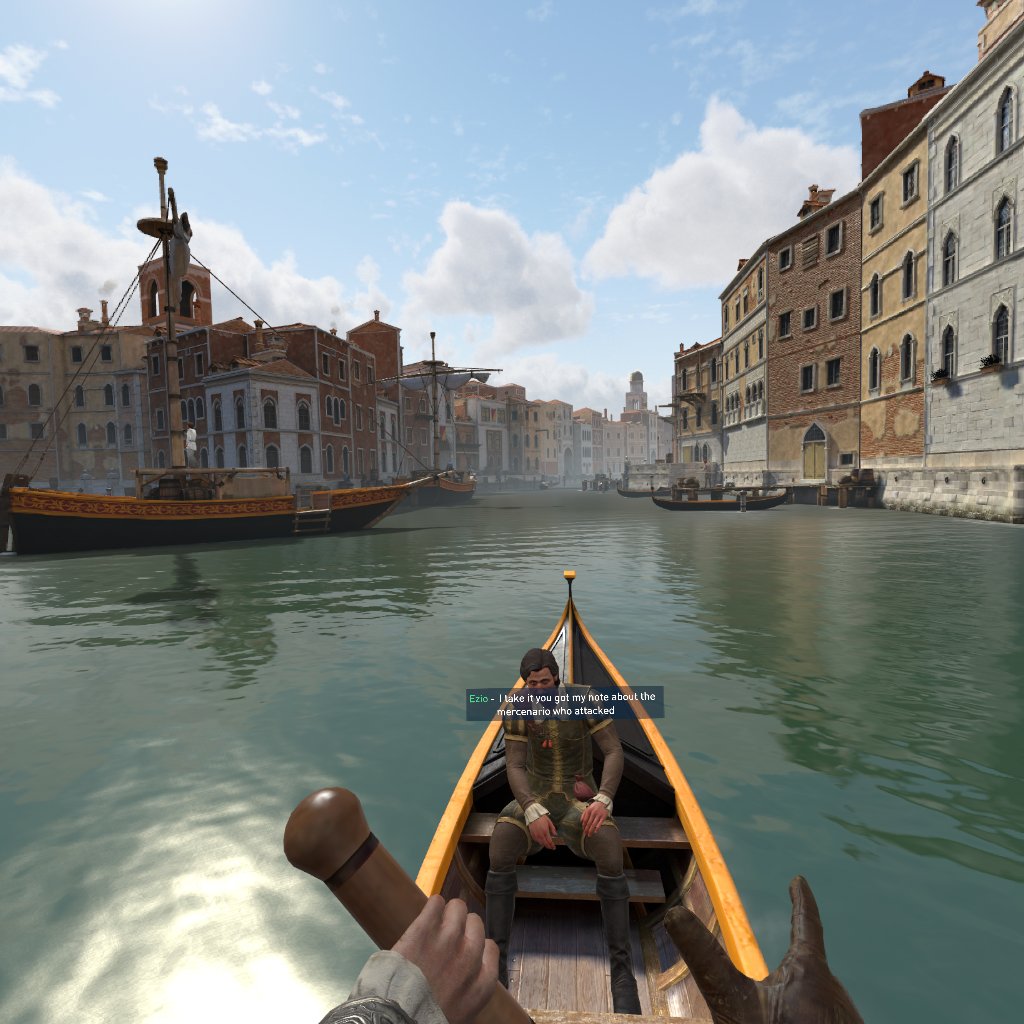
From Ezio's bustling Tuscan village of Monteriggioni to Kassandra's lush Greek islands and Connor's frontier settlements along the eastern seaboard, each setting oozes authenticity and grandeur. Crowds of NPCs fill the streets, architecture feels appropriately dated to each period, and environmental details like weather effects further sell the illusion. While graphics take a noticeable downgrade compared to non-VR entries, Nexus' stylized art direction ensures locations remain visually striking while maintaining a comfortable frame rate.
I found the story to be really cool and engaging too. Recruited by veteran Assassins Rebecca Crane and Shaun Hastings, the hacker, you, are tasked with infiltrating Abstergo Industries' new "Nexus Eye" initiative. Led by research director Dominika Wilk, Nexus Eye aims to recover code fragments from an ancient Isu supercomputer and merge them with Abstergo's Animus technology. This would create a system capable of predicting and influencing human behavior on a massive scale.
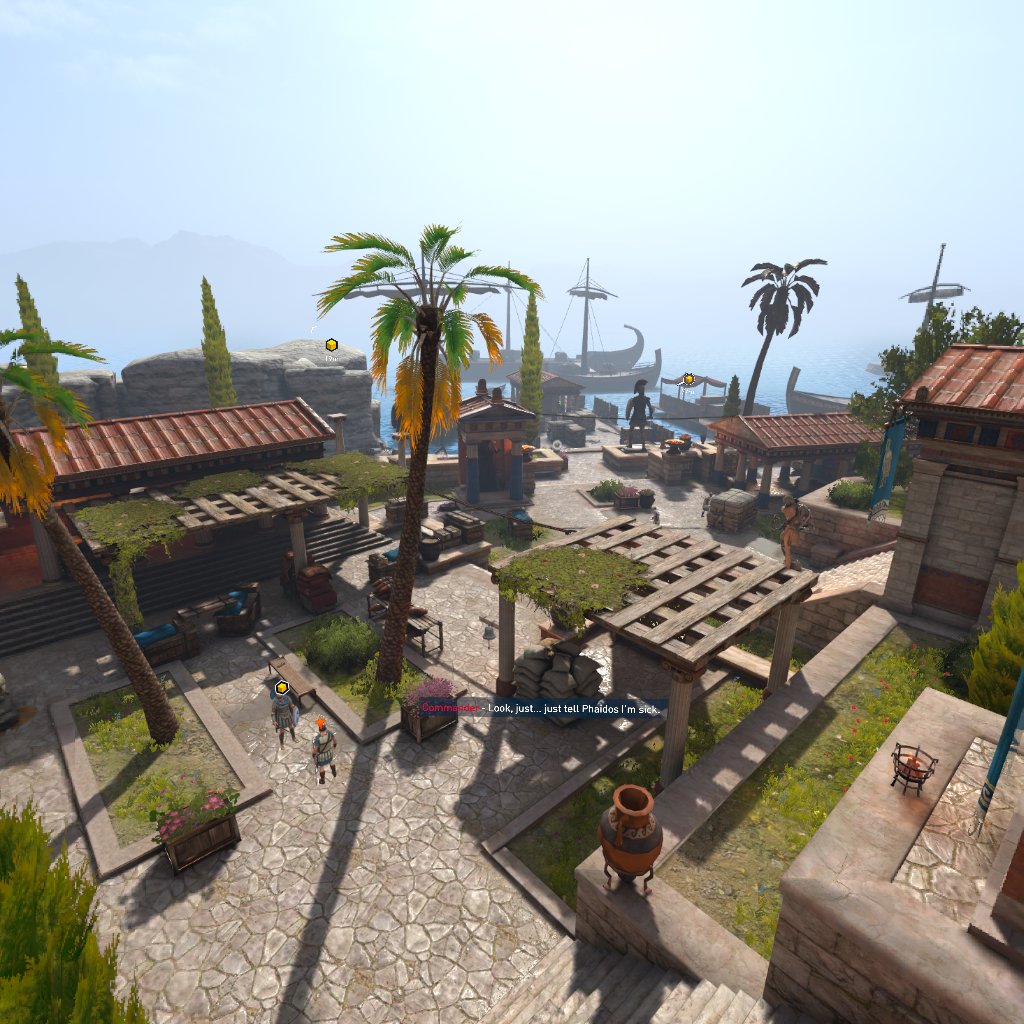
Dominika orders you to relive key genetic memories of Ezio, Kassandra and Connor in order to locate these fragments. However, you are also secretly implants "logic bombs" throughout each memory strand. These Trojan programs are designed to destroy the memory data and prevent Abstergo from attaining the code pieces. History has always been Assassin's Creed's playground and I am really surprised how good they have managed to weave a coherent narrative across 3 different assassins in 3 different periods.
Movement feels genuinely empowering thanks to the fluid assassin abilities on display. Free-running and scaling buildings comes naturally via clicking buttons to automatically leap across the environments, letting players feel like true parkour masters. Climbing and scaling building is the best that I've personally experienced in VR so far. Grabing on ledges, pulling yourself up or even flinging yourself towards another ledge is nothing short of exhilarating. This freedom in scaling buildings allows you to do some very unique things like assassinate enemies via throwing knives with one hand while you are holding on to a ledge 20 meters up from the ground. Air assassinations have never been more cooler than here. Jumping from a building and plunging your hidden blade into an unsuspecting enemy never gets old. I am going to say it, Assassin's Creed Nexus makes you feel like Bat... a true Assassin.
Meanwhile, combat adopts a slower, more calculated pace appropriate for VR. Melee fighting relies on reading enemy tells before parrying and countering with your hidden blades, swords or tomahawk in Connor's case. However, I have to say that in my short time with VR games, I've experienced better combat that what is present here. The issue is that when you engage in a melee combat, you can only deal damage to the enemies only during specific moments. Let me explain. In Battle Talent, for example, you can just overpower the enemies in melee combat, meaning that you can swing your sword or whatever and you can hit and hurt them even though their guard might be up. In Nexus, you can try to wiggle your sword, but you will not deal any damage to them apart from when their guard is up which happens if you parry their attacks or throw a smoke bomb. What I want to say with all this is that the melee combat is not really that satisfying or engaging and the best course of action, in my opinion, is that if you are to engage in melee combat, run away, hide and then kill them with your hidden blades or via the bow/crossbow/throwing knives. Stealth remains a highlight, as players slink between cover, eavesdrop on guards, and stalk targets in darkness.
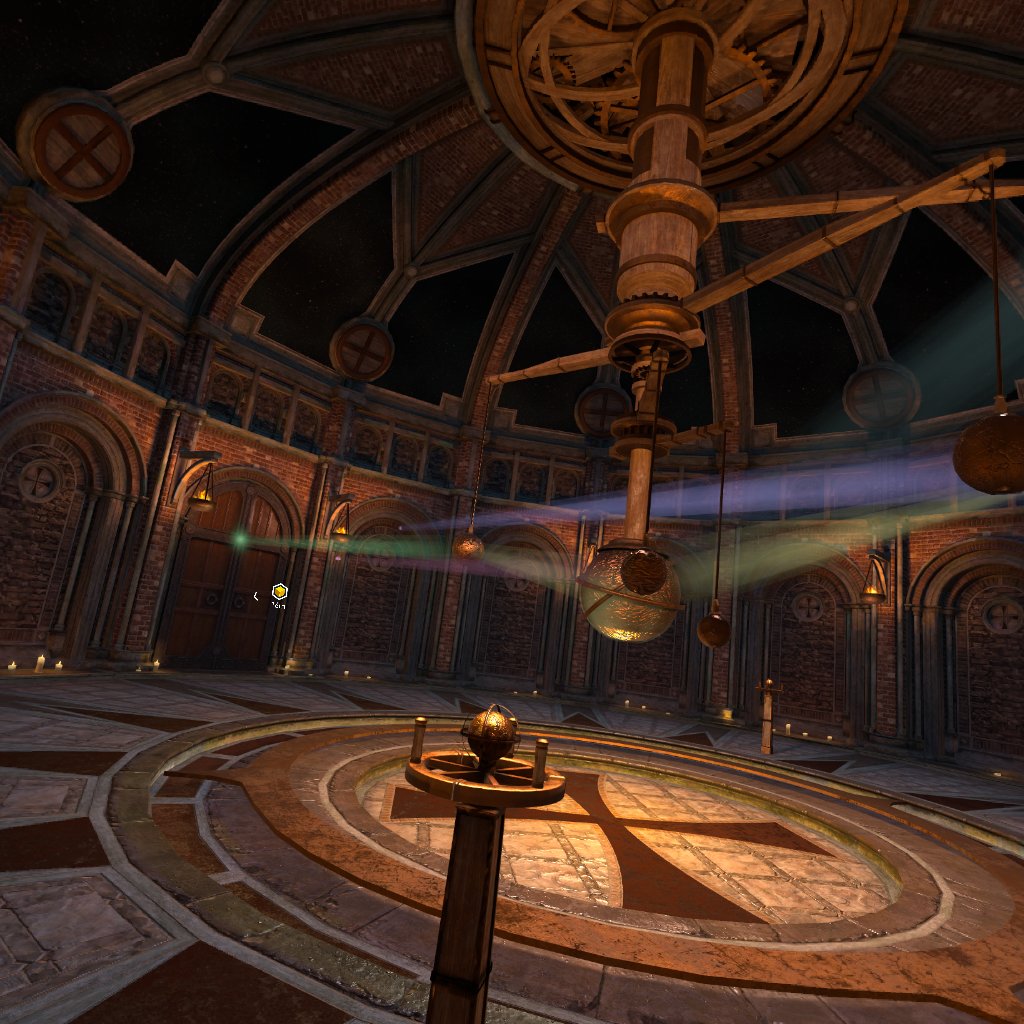
Puzzle-solving provides another angle of gameplay variation between story beats. Each level introduces new puzzles that take advantage of physics principles or require utilizing special abilities. Later puzzles demand creativity and trial-and-error as shortcuts won't cut it. Meanwhile, a bestiary of assassination contracts and side objectives litter the maps, encouraging thorough exploration.
Clearly, Ubisoft aimed high with its first VR outing for one of gaming's most iconic franchises. While framerate stutters and occasional janky movement keep it from true polish, Nexus overcomes hurdles through authenticity and delivering the promise of inhabiting an Assassin. Standing scenes feel limited, but roomscale spaces offer true freedom of motion. Comfort options like snap turning prevent motion sickness. Most importantly, it understands what makes these characters and settings so beloved while translating intrinsic mechanics like climbing and combat into an fully-immersive first-person perspective.
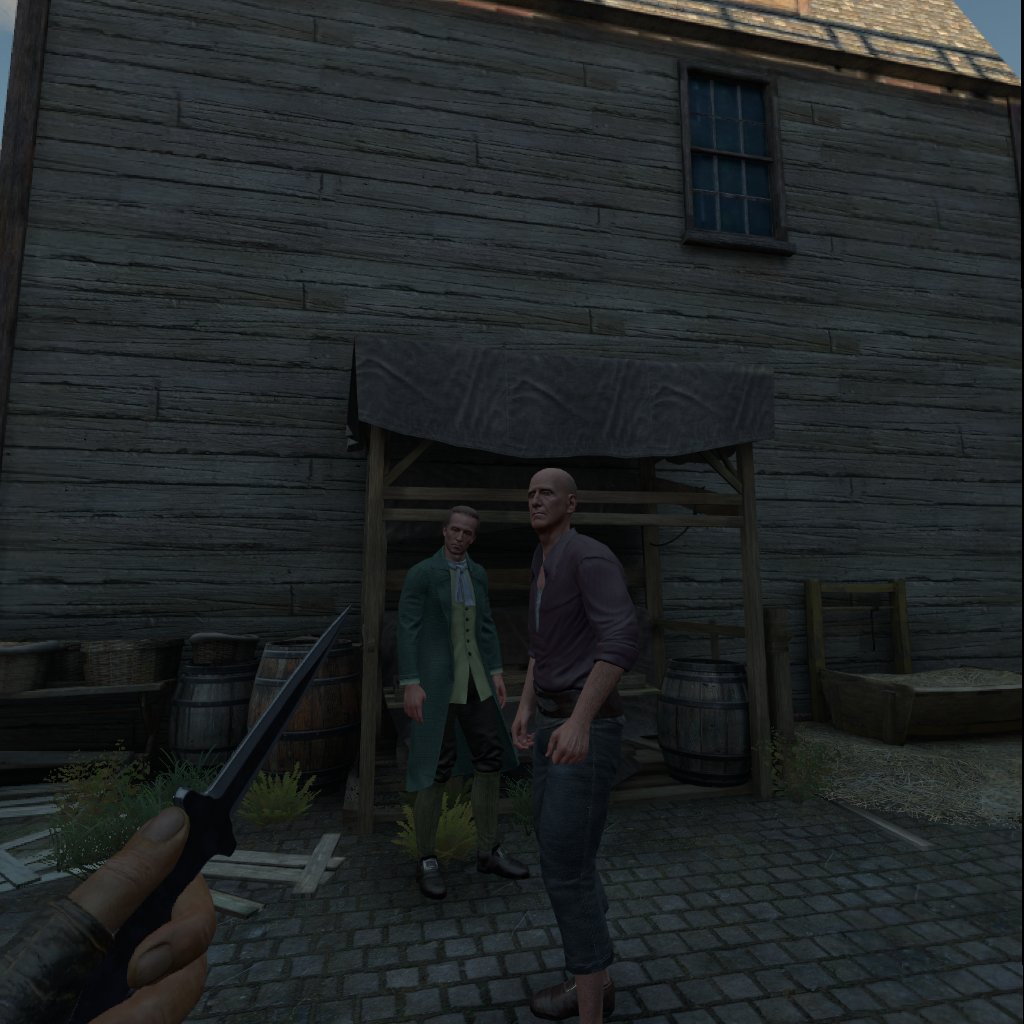
For VR gamers seeking an engrossing single-player epic on the scale of Quest's best adventures, Assassin's Creed Nexus VR should not be missed. With an engrossing fiction anchored in history, challenging puzzles, and movement that feels both grounded and exhilarating, it sets a high bar that will be tough for any follow-ups to surpass. Ubisoft makes the case that VR is ready for blockbuster franchises, and this is one you wouldn't want to skip. I strongly recommend this game. Thanks for reading!
The game was reviewed on a Quest 3 using a review copy provided by CD Media. Assassin's Creed Nexus VR is out now on Meta Quest.
